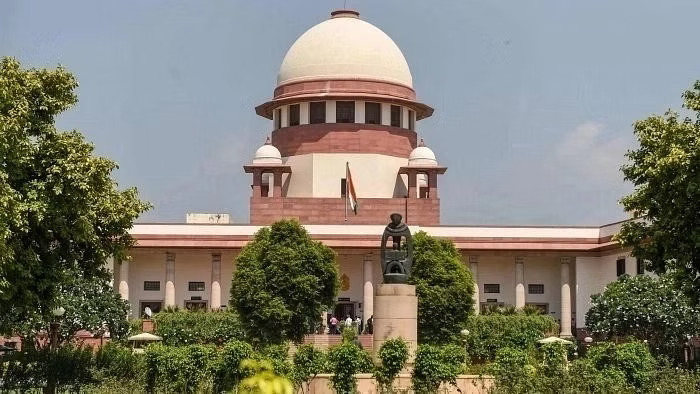The appointment of judges is a critical aspect of upholding the rule of law and maintaining an independent judiciary. The process and authority responsible for appointing judges play a vital role in ensuring that the judiciary remains impartial, competent, and representative of the people it serves.
The article delves into the question of who should have the authority to appoint judges. Different countries have varying models for judicial appointments, each with its merits and drawbacks. Some nations involve a Judicial Appointments Commission, while others grant substantial power to the executive branch or the judiciary itself.
Balancing the powers and responsibilities involved in judicial appointments is essential to prevent any undue influence or bias in the selection process. A transparent, merit-based system that encompasses input from various stakeholders, including the legal community, is fundamental to preserving the integrity and credibility of the judiciary.
Ultimately, a thoughtful and inclusive approach is necessary to ensure that judges are appointed based on their competence, integrity, and commitment to upholding the law. Striking the right balance between the branches of government and involving the legal community in the appointment process is crucial for a fair and impartial judiciary, which is essential for a robust democratic system.
Sponsored
FACTS Transcripts
Apply for a University document anywhere
https://www.factstranscript.com
Quick Transcripts for popular Universities, check your University name now and get started. We help you to get your transcript application online which is accepted for use of IRCC.
No DD, NO Paperwork. 100% Authentic, Reliable.
FACTS Transcripts Charges · Reviews · Assam Universities · Home · Know your University










